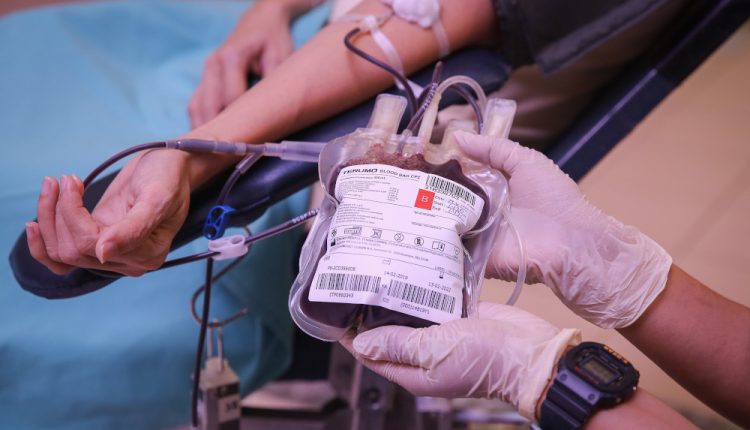KUALA LUMPUR: As the country continues to battle Covid-19, donating and distributing blood to those in need is now more essential than ever.
-Advertisement-
Dr Noryati Abu Amin, director of the National Blood Centre, said there was an urgent need to ensure adequate stock to support transfusions and save lives.
However, the centre saw a significant drop in the number of nationwide donations last year, from 740,000 in 2019 to 650,000.
“Fewer people are coming forward to donate blood and a number of mobile campaigns have had to be postponed or cancelled,” she told FMT, attributing these to fears regarding the pandemic.
Although there had been an increase in Covid-19 patients with underlying diseases who required blood transfusions, Noryati said, this was balanced out by many elective surgeries being postponed.
The country requires up to 2,000 units of blood to be distributed to over 1,000 patients each day. The centre itself tries to collect between 500 and 600 units for hospitals within the Klang Valley, and occasionally send some to East Malaysia.
“We try to meet with the demand from hospitals as much as possible but it has been quite challenging in this Covid period,” she said.
Noryati said that in the week after Hari Raya Haji, the centre only saw an average of 150 donors a day, forcing it to dig into its reserves.
“We always have one week’s worth of stock so we are able to meet the demand,” she said. “But as our reserve stocks are dwindling, we are worried that if the public doesn’t turn up now, we are going to be in a situation whereby there’s going to be a shortage.”
-Advertisement-
She said it was crucial for the public to continue donating blood throughout the pandemic as the need for blood “may arise at any time”, whether it be for a thalassaemia patient or someone involved in an accident.
“Blood is an important therapeutic product that is used for patients. Until today, there is no synthetic material that can replace the function of blood totally, and we depend on each other to help patients in need of transfusion,” she said.
What happens to donated blood?
The National Blood Centre works throughout the year to deliver blood to hospitals on a daily basis.
At the end of each day, all donated blood is scanned and weighed before being attached with a label that says “unscreened”. At the same time, a sample of each blood bag is sent for screening to check for infections such as HIV, hepatitis B, hepatitis C and syphilis.
The blood is then placed into a centrifuge, which separates whole blood into its different components – plasma, red blood cells and platelets. Once completed, the blood components are separated based on the different layers they form, due to their various densities.
A round of filtration is conducted to remove the white blood cells from red blood cells. This is to reduce the risk of any complications for thalassaemia patients, who require frequent blood transfusions.
The different components are then stored overnight until results from the microbiological screening come in. Platelet bags are specifically placed in an agitator to retain blood viability.
Once screening is completed and the blood tests negative for infections, the label “unscreened’ is replaced with one which has details about the blood. It is then ready to be distributed.-FMT

